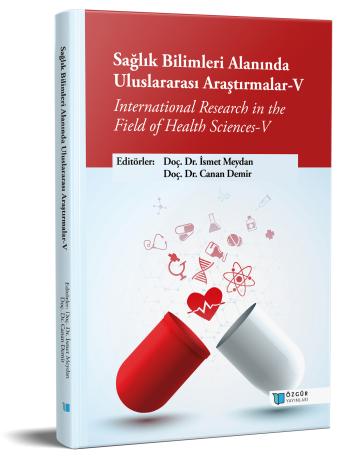
Stress and Periodontal Diseases
Chapter from the book:
Meydan,
İ.
&
Demir,
C.
(eds.)
2023.
International Research in the Field of Health Sciences-V.
Synopsis
Periodontal diseases start with inflammation of the tooth support tissues and, if left untreated, can lead to attachment, bone and eventually tooth loss as the disease progresses. Furthermore, periodontal disease has been clearly shown to affect not only oral health, but also systemic diseases such as cardiovascular disease, diabetes and rheumatoid arthritis, as well as the course and outcome of pregnancy. Although microbial dental plaque (MDP) is the primary etiologic factor of periodontal disease, much of the clinically observed tissue destruction is due to the proinflammatory host response. Stress is an adaptation reaction that manifests itself with some mechanisms that occur in the body as a result of the physical and mental limits of the person when faced with new situations. Psychological stress is known to be an important environmental risk factor provoking inflammatory response in chronic diseases with autoimmune and neoplastic etiology as well as its role in cardiovascular, metabolic and rheumatologic diseases. In this context, psychological stress has an impact on the pathogenesis and clinical outcomes of periodontal diseases.

